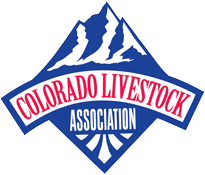The Ag Water Quality Program (AWQP) has surveyed Colorado irrigated farms and ranches several times since 1997 to assess irrigation and nutrient management practices. Summary reports of this information have told a largely positive story about Colorado producers that have been used to argue for continued voluntary approaches for nutrient management practices. These surveys have also had relatively good response rates (up to nearly 40%) that gave the results legitimacy and statistical relevance.
Since the promulgation of Regulation 85 it has been clear that newer information about BMP adoption in Colorado is necessary, especially before the next regulatory hearing with CDPHE in 2022 where it will be decided whether to leave non-point source pollution from sources such as agriculture under voluntary approaches. To respond to this need, the AWQP developed a survey with input from Ag stakeholders and producers.
The survey is completely confidential and summarized results will be used help inform policy makers about the investments agriculture is making to protecting water quality and the environment.
How Does Regulation 85 Impact Agriculture?
Colorado passed Regulation 85 in 2012 to reduce nutrient pollution in lakes, rivers, and streams.
Regulation 85 does not currently regulate agriculture, but recommends voluntary action to avoid future regulation after 2022.
How can agriculture influence Regulation 85?
Best management practices (BMPs) are agricultural practices that protect water quality.
Voluntary adoption of BMPs can help reduce agricultural nutrient pollution and avoid potential regulation after 2022.
Posted in News
